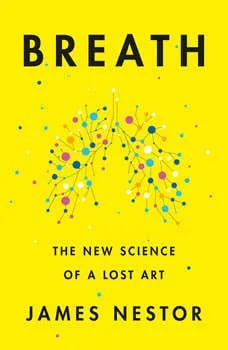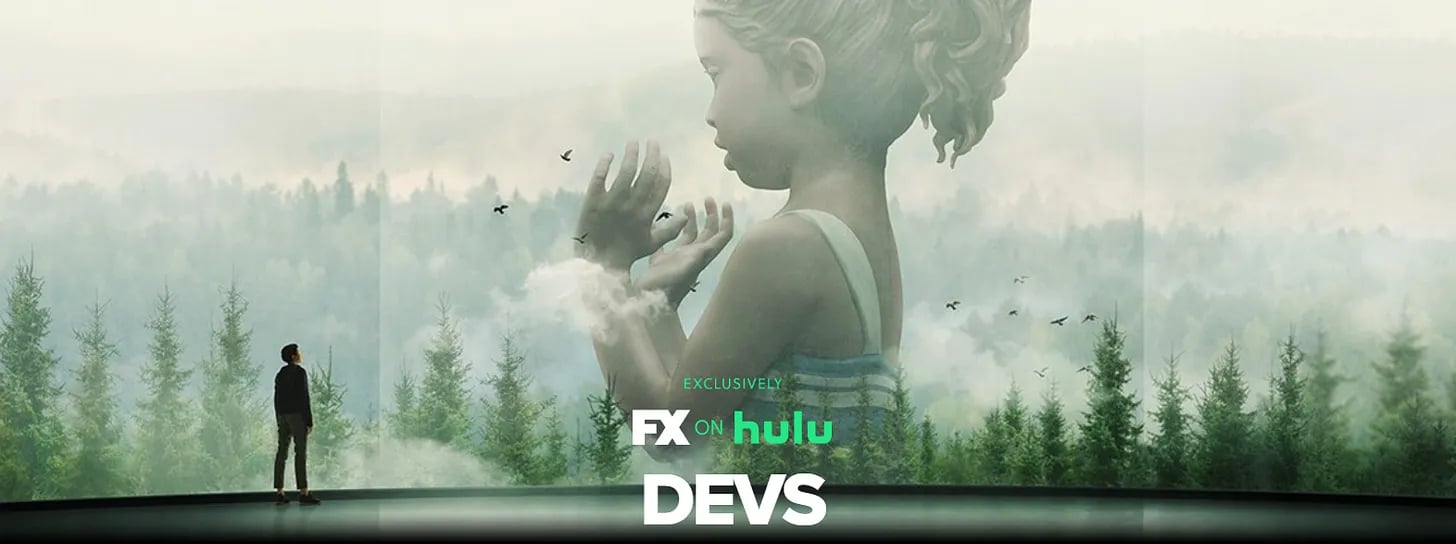Welcome to a tiny letter
Hello, friends.
In an effort to mostly remove myself from the social media stream, and in pursuit of a better way to keep in digital contact with folks, I've created this simple blog/newsletter. Welcome to the first issue. Subscribe here, if you haven’t already, or unsubscribe at the bottom and you won’t receive these anymore.
Quick note: rather than providing the usual defaults for links, like Google and Amazon, I am skipping that. They are not the only place to get information and books. I mostly use the DuckDuckGo search engine, as it respects privacy. Its index is not as good as Google's, but it also doesn't know every time I spend $3.76 + tip on a bubble tea.
I can't say I know much about this composer, except for his famous work, 4:33, which consists of nothing more, and nothing less, then the pianist sitting at the bench, silent, for the length of the piece. Performance art, of sorts. These piano works should be more tuneful and accessible.
Breath: The new science of a lost art
How many times have I read something, and very quickly, the information presented seems novel and yet entirely obvious? This book by science journalist James Nestor explores, among other topics, how the shape of our face and jaw has changed both due to diet, but also orthodontia that removes teeth and essentially remodels our anatomy with leverage—headgear and braces. There is now growing acceptance that modern orthodontia can substantially change our airway, leading to various respiratory problems, including sleep apnea. The author also covers various breathing techniques, including the Wim Hof Method, Butekyo, and some yogic forms. The book is quite engaging, but you can also get a good sense of the topics within by listening to one of the author's various interviews.
You Must Not ‘Do Your Own Research’ When It Comes To Science
“Research both sides and make up your own mind.” It’s simple, straightforward, common sense advice. And when it comes to issues like vaccinations, climate change, and the novel coronavirus SARS-CoV-2, it can be dangerous, destructive, and even deadly. The techniques that most of us use to navigate most of our decisions in life — gathering information, evaluating it based on what we know, and choosing a course of action — can lead to spectacular failures when it comes to a scientific matter.
The headline sums it up. There are now many matters around which there is a very firm scientific consensus. However, if you don't like that consensus, or you think somehow you're being tricked, you can find every manner of dissenting opinion in a click or two. Some are laughably absurd, like the YouTube video my friend Andrew mentioned, titled “95% of people are drinking water wrong". Others are more troubling, like people with medical degrees (not epidemiologists, though) claiming that Covid-19 isn't really such a big problem.
Can we pull back from the brink?
In this fascinating podcast, author Sam Harris critiques some of the underlying claims of the Black Lives Matter movement.
I’d like to talk about the current moment and the current social unrest, and its possible political implications, and other cultural developments, and suggest what it might take to pull back from the brink here. I’m going to circle in on the topics of police violence and the problem of racism, because that really is at the center of this. There is so much to talk about here, and it’s so difficult to talk about. And there is so much we don’t know. And yet, most people are behaving as though every important question was answered a long time ago.
As Sam Harris makes clear, and I want to make clear as well, he is not disputing the need for police reform, nor the presence of widespread systemic racism in the United States.
On jumping to conclusions
On a related note. Here in Madison, Wisconsin, there have been quite a few civil rights protests. Many peaceful, some that had a component of looting and vandalism. Tensions have been high, and that is of course reflected on social media. I want to note a post I read, and how the post, and the responses, are emblematic of the problem with communicating on this medium.
Someone posted a video of a young black man, identified as an activist, being restrained by police. There were three, four, maybe even five officers trying to restrain and arrest this man. The camera holder was yelling at the cops from behind the camera. The man being arrested is yelling, saying "I can't breathe". He is upright, and struggling hard. It is a little troubling to watch, to be sure. However, I watched it very carefully. These officers are working very hard to arrest this person, who is thrashing about, without injuring him in any way. This, if little else, is very clear from the video.
Later, I read in the local news that police were called because this man entered a downtown business holding a megaphone and a bat. That still does not provide full context. However, it does perhaps explain why he was being arrested. What happened after he was arrested? What are the charges? Absolutely none of this is known at the time the video was posted.
The nature of social media does not encourage careful reflection. How often do people read something, take a few hours or a day to process it, and then post something thoughtful and measured?
And this is why I want to minimize or eliminate my Facebook use.
###
This boldly original series starts out looking like a murder mystery of sorts, and rapidly goes down a metaphysical rabbit hole. Jena claimed it was rather heavy-handed, but we both agreed that the soundtrack was unusual and innovative. Words probably won't do it justice. This is a show that is, on the surface, about technology. But it's really about deep philosophical questions. Technology is just the mediator.
###
What are you listening to, thinking about, enjoying? I'd love to hear from you. Drop me a line "the old-fashioned way" by email, or even use the phone!
Regards,
Ben


